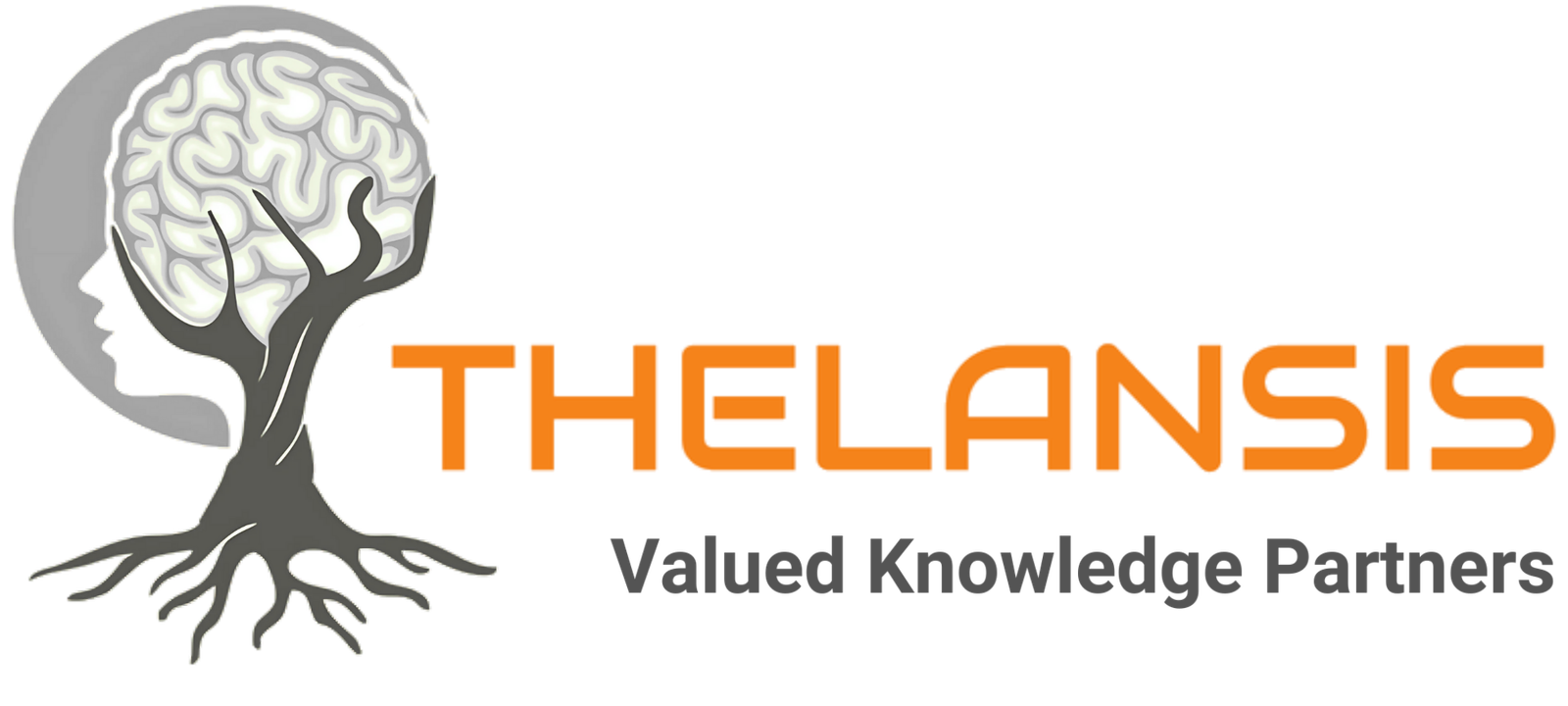Cutaneous Lupus Erythematosus (CLE) – Market Outlook, Epidemiology, Competitive Landscape, and Market Forecast Report – 2025 To 2035
- Published Date : May 13, 2025
- Updated On : December 8, 2025
- Pages : 154
Cutaneous Lupus Erythematosus (CLE) Market Outlook
Thelansis’s “Cutaneous Lupus Erythematosus (CLE) Market Outlook, Epidemiology, Competitive Landscape, and Market Forecast Report – 2025 To 2035” covers disease overview, epidemiology, drug utilization, prescription share analysis, competitive landscape, clinical practice, regulatory landscape, patient share, market uptake, market forecast, and key market insights under the potential Cutaneous Lupus Erythematosus treatment modalities options for eight major markets (USA, Germany, France, Italy, Spain, UK, Japan, and China).
Cutaneous Lupus Erythematosus (CLE) Overview
Cutaneous lupus erythematosus (CLE) is a chronic autoimmune skin disorder that represents one of the major clinical subsets of lupus, occurring either in isolation or alongside systemic lupus erythematosus. It is characterized by recurrent inflammatory lesions that vary in form, including discoid plaques, subacute annular or psoriasiform eruptions, and acute malar rashes, often triggered or worsened by ultraviolet light exposure. Patients may experience scarring, pigmentary changes, alopecia, and significant psychosocial burden due to the visibility of lesions. Diagnosis relies on clinical examination supported by histopathology and serological testing to distinguish CLE from other dermatoses and to assess systemic involvement. Management focuses on strict photoprotection, topical corticosteroids or calcineurin inhibitors, and systemic agents such as antimalarials or immunosuppressants in more severe or refractory cases. Despite advances, CLE remains a challenging condition due to its chronicity, risk of disfigurement, and potential overlap with systemic disease, underscoring the importance of early recognition and individualized therapy.
Geography coverage:
G8 (United States, EU5 [France, Germany, Italy, Spain, U.K.], Japan, and China)
Insights driven by robust research, including:
- In-depth interviews with leading KOLs and payers
- Physician surveys
- RWE analysis for claims and EHR datasets
- Secondary research (e.g., peer-reviewed journal articles, third-party research databases)
Deliverables format and updates*:
- Detailed Report (PDF)
- Market Forecast Model (MS Excel-based automated dashboard)
- Epidemiology (MS Excel; interactive tool)
- Executive Insights (PowerPoint presentation)
- Others: regular updates, customizations, consultant support
*As per Thelansis’s policy, we ensure that we include all the recent updates before releasing the report content and market model.
Salient features of Market Forecast model:
- 10-year market forecast (2025–2035)
- Bottom-up patient-based market forecasts validated through the top-down sales methodology
- Covers clinically and commercially-relevant patient populations/ line of therapies
- Annualized drug-level sales and patient share projections
- Utilizes our proprietary Epilansis and Analog tool (e.g., drug uptake and erosion) datasets and conjoint analysis approach
- Detailed methodology/sources & assumptions
- Graphical and tabular outputs
- Users can customize the model based on requirements
Key business questions answered:
- How can drug development and lifecycle management strategies be optimized across G8 markets (US, EU5, Japan, and China)?
- How large is the patient population in terms of incidence, prevalence, segments, and those receiving drug treatments?
- What is the 10-year market outlook for sales and patient share?
- Which events will have the greatest impact on the market’s trajectory?
- What insights do interviewed experts provide on current and emerging treatments?
- Which pipeline products show the most promise, and what is their potential for launch and future positioning?
- What are the key unmet needs and KOL expectations for target profiles?
- What key regulatory and payer requirements must be met to secure drug approval and favorable market access?
- and more…
Cutaneous Lupus Erythematosus (CLE) Market Outlook
Thelansis’s “Cutaneous Lupus Erythematosus (CLE) Market Outlook, Epidemiology, Competitive Landscape, and Market Forecast Report – 2025 To 2035” covers disease overview, epidemiology, drug utilization, prescription share analysis, competitive landscape, clinical practice, regulatory landscape, patient share, market uptake, market forecast, and key market insights under the potential Cutaneous Lupus Erythematosus treatment modalities options for eight major markets (USA, Germany, France, Italy, Spain, UK, Japan, and China).
Cutaneous Lupus Erythematosus (CLE) Overview
Cutaneous lupus erythematosus (CLE) is a chronic autoimmune skin disorder that represents one of the major clinical subsets of lupus, occurring either in isolation or alongside systemic lupus erythematosus. It is characterized by recurrent inflammatory lesions that vary in form, including discoid plaques, subacute annular or psoriasiform eruptions, and acute malar rashes, often triggered or worsened by ultraviolet light exposure. Patients may experience scarring, pigmentary changes, alopecia, and significant psychosocial burden due to the visibility of lesions. Diagnosis relies on clinical examination supported by histopathology and serological testing to distinguish CLE from other dermatoses and to assess systemic involvement. Management focuses on strict photoprotection, topical corticosteroids or calcineurin inhibitors, and systemic agents such as antimalarials or immunosuppressants in more severe or refractory cases. Despite advances, CLE remains a challenging condition due to its chronicity, risk of disfigurement, and potential overlap with systemic disease, underscoring the importance of early recognition and individualized therapy.
Geography coverage:
G8 (United States, EU5 [France, Germany, Italy, Spain, U.K.], Japan, and China)
Insights driven by robust research, including:
- In-depth interviews with leading KOLs and payers
- Physician surveys
- RWE analysis for claims and EHR datasets
- Secondary research (e.g., peer-reviewed journal articles, third-party research databases)
Deliverables format and updates*:
- Detailed Report (PDF)
- Market Forecast Model (MS Excel-based automated dashboard)
- Epidemiology (MS Excel; interactive tool)
- Executive Insights (PowerPoint presentation)
- Others: regular updates, customizations, consultant support
*As per Thelansis’s policy, we ensure that we include all the recent updates before releasing the report content and market model.
Salient features of Market Forecast model:
- 10-year market forecast (2025–2035)
- Bottom-up patient-based market forecasts validated through the top-down sales methodology
- Covers clinically and commercially-relevant patient populations/ line of therapies
- Annualized drug-level sales and patient share projections
- Utilizes our proprietary Epilansis and Analog tool (e.g., drug uptake and erosion) datasets and conjoint analysis approach
- Detailed methodology/sources & assumptions
- Graphical and tabular outputs
- Users can customize the model based on requirements
Key business questions answered:
- How can drug development and lifecycle management strategies be optimized across G8 markets (US, EU5, Japan, and China)?
- How large is the patient population in terms of incidence, prevalence, segments, and those receiving drug treatments?
- What is the 10-year market outlook for sales and patient share?
- Which events will have the greatest impact on the market’s trajectory?
- What insights do interviewed experts provide on current and emerging treatments?
- Which pipeline products show the most promise, and what is their potential for launch and future positioning?
- What are the key unmet needs and KOL expectations for target profiles?
- What key regulatory and payer requirements must be met to secure drug approval and favorable market access?
- and more…
1. Key Findings and Analyst Commentary
- Key trends: market snapshots, SWOT analysis, commercial benefits and risk, etc..
2. Disease Context
- Disease definition, classification, etiology and pathophysiology, drug targets,etc.
3. Epidemiology
- Key takeaways
- Incidence / Prevalence
- Diagnosed and Drug-Treated populations
- Comorbidities
- Other relevant patient segments
4. Market Size and Forecast
- Key takeaways
- Market drivers and constraints
- Drug-class specific trends
- Country-specific trends
5. Competitive Landscape
- Current therapies
- Key takeaways
- Dx and Tx journey/algorithm
- Key current therapies – profiles and KOL insights
- Emerging therapies
- Key takeaways
- Notable late-phase emerging therapies – profiles, launch expectations, KOL insights
- Notable early-phase pipeline
6. Unmet Need and TPP Analysis
- Top unmet needs and future attainment by emerging therapies
- TPP analysis and KOL expectations
7. Regulatory and Reimbursement Environments (by country and payer insights)
8. Appendix (e.g., bibliography, methodology)
Table of contents (TOC)
1. Key Findings and Analyst Commentary
- Key trends: market snapshots, SWOT analysis, commercial benefits and risk, etc..
2. Disease Context
- Disease definition, classification, etiology and pathophysiology, drug targets,etc.
3. Epidemiology
- Key takeaways
- Incidence / Prevalence
- Diagnosed and Drug-Treated populations
- Comorbidities
- Other relevant patient segments
4. Market Size and Forecast
- Key takeaways
- Market drivers and constraints
- Drug-class specific trends
- Country-specific trends
5. Competitive Landscape
- Current therapies
- Key takeaways
- Dx and Tx journey/algorithm
- Key current therapies – profiles and KOL insights
- Emerging therapies
- Key takeaways
- Notable late-phase emerging therapies – profiles, launch expectations, KOL insights
- Notable early-phase pipeline
6. Unmet Need and TPP Analysis
- Top unmet needs and future attainment by emerging therapies
- TPP analysis and KOL expectations
7. Regulatory and Reimbursement Environments (by country and payer insights)
8. Appendix (e.g., bibliography, methodology)

